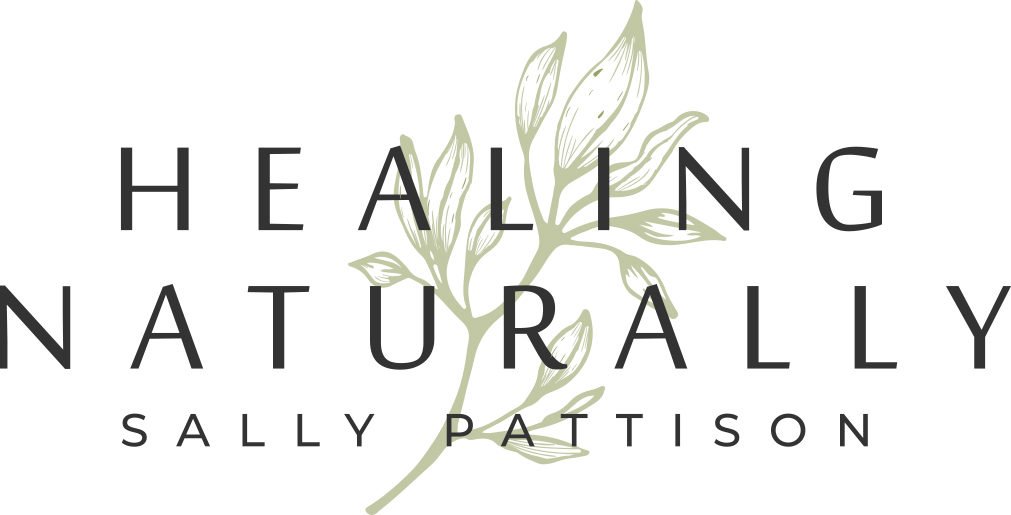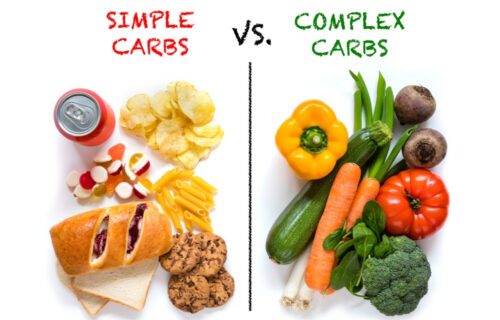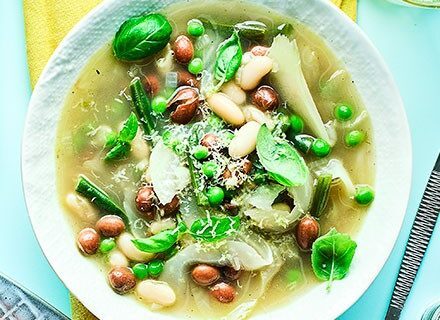
Healthy Diet or Fad Food
Paleo / Flexitarian / Intermittent Fasting
So what are these all about?
In brief….
PALEO:
Mostly protein , fats, nuts and non-starchy vegetables.
No: Dairy (except butter/ghee), grains and sugar
Advantages: no processed foods (thus reduced sugar, salt and junk foods)
Myth: Leads to weight loss because low in carbs causing body to use glycogen stores
Disadvantages: If not followed in original form – low in fibre with no grains, too high protein (which has been shown to increase risk of bowel cancer).
Also putting high amounts of animal fat with coconut products increases the saturated fats – unknown truth of health effects this has in excess.
Myth: Paleolithic Era – limited access to red meat on a daily basis. They had a low calorie diet with periods of starvation.
Balance: Fill your plate with vegetables not meat. Include some soluble fibre to help eliminate cholesterol.
FLEXITARIAN
Vegetarian 2 – 4 days per week.
Moderate amounts of meat on other days.
Advantages: High in fibre. Great variety. It has been shown over and again that a plant based diet is best for all health concerns. It is lower in fat, naturally and greater volume leads to greater satiety.
Disadvantages: More preparation time required.
Common mistake: Use of bread, pasta or cheese as meal base.
INTERMITTENT FASTING (I.F.) OR 5 and 2
2 days of 500 calories
5 days of low carb moderate protein intake with lots of vegetables.
Advantages: Retrains eating habits. Increased satiety with less calorie intake.
Disadvantage: Not an excuse to binge on the other 5 days.
Myth: 5 days of ‘regular eating’ and 2 days of ‘blow out.’ If this is you then you may want to take a look at my weight maintenance program.
What is right for you?
The answers are not always easy.
An evaluation of where you are now – where your health status is and where you would like it to be is a great place to start.



